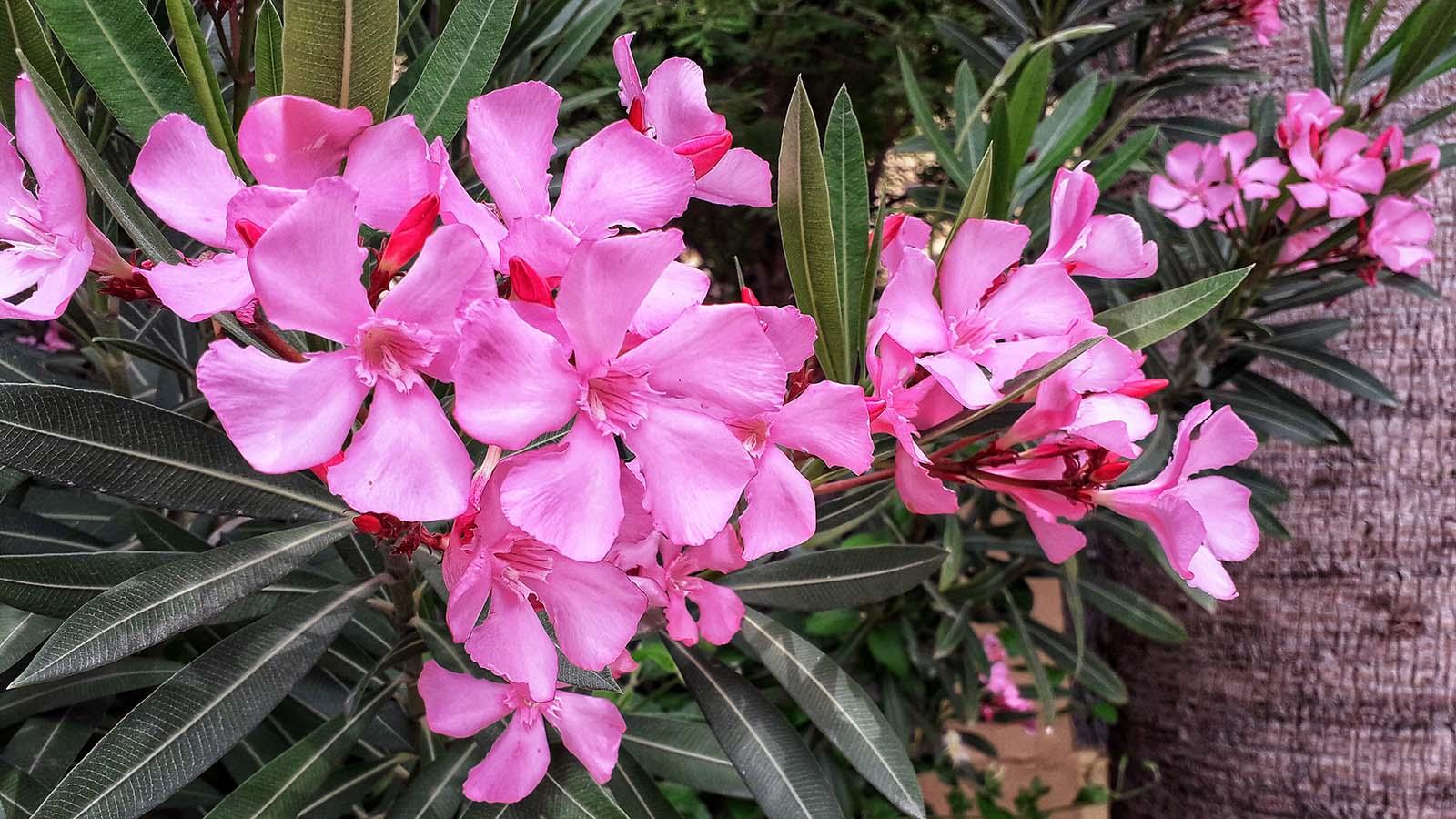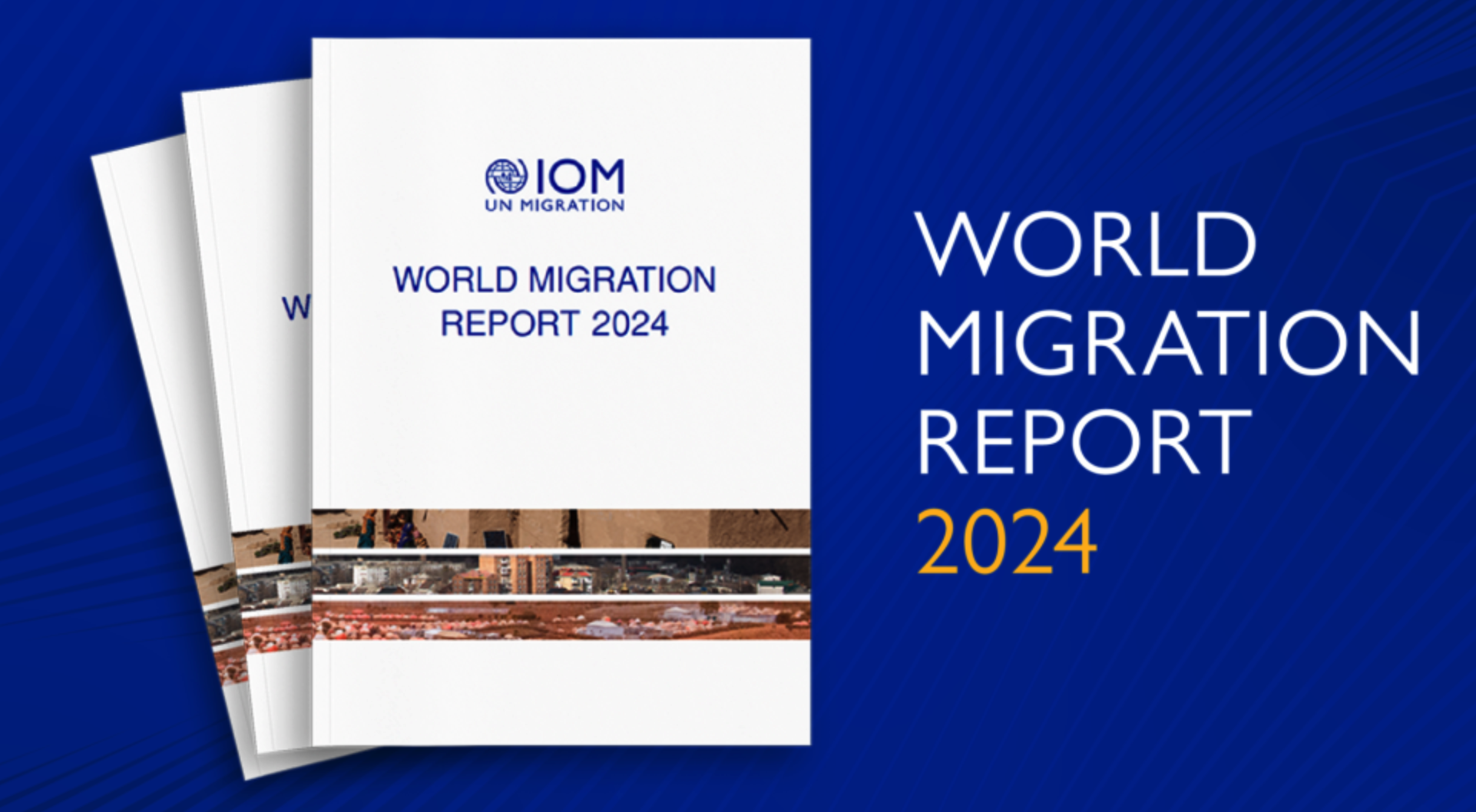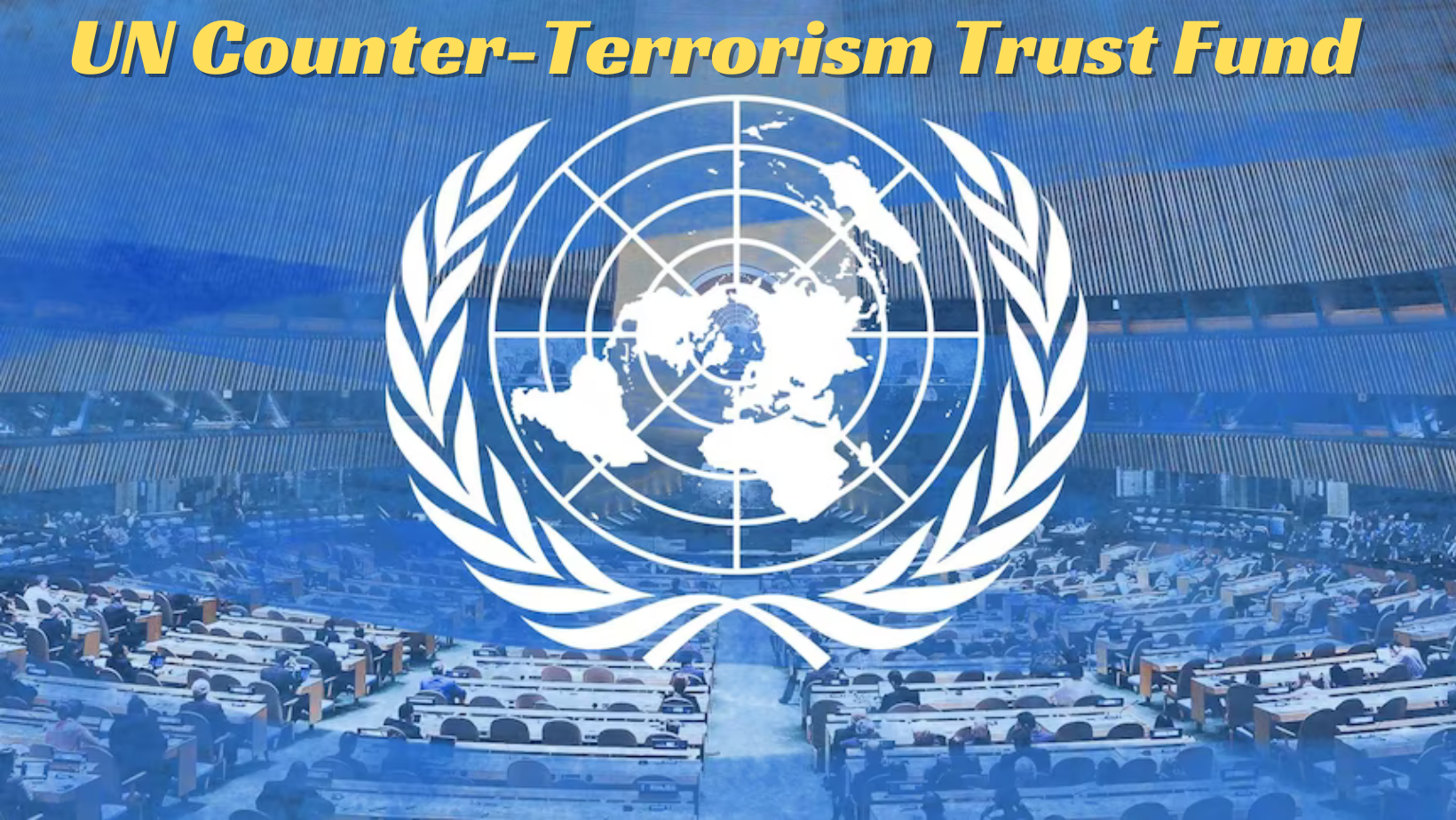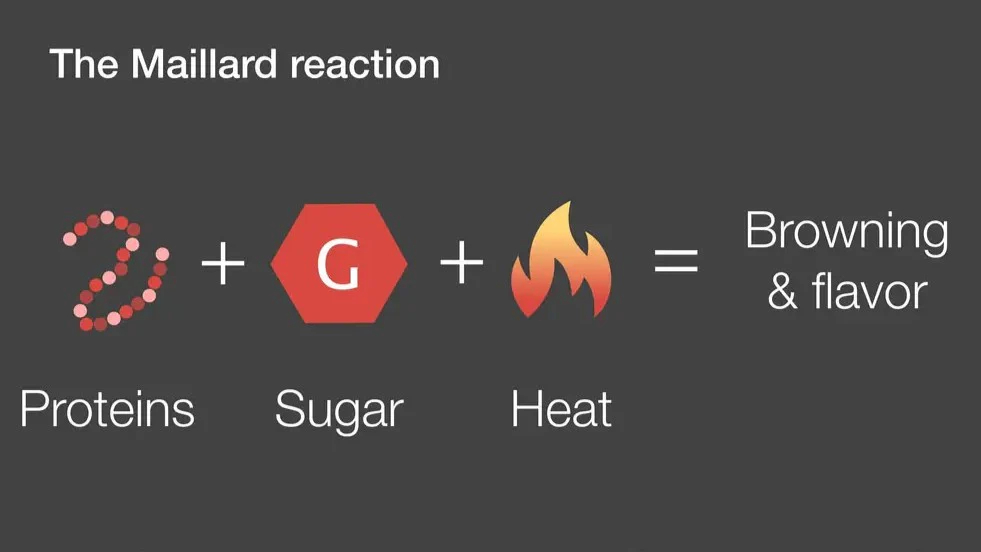Oleander

- 10 May 2024
Why is it in the News?
Two Kerala government-controlled temple boards, which together manage 2,500-odd temples in the state, have banned the use of oleander flowers (locally known as arali) in temple offerings after a 24-year-old woman died after accidentally chewing some oleander leaves.
What is Oleander?
- Nerium oleander, commonly known as oleander or rosebay, is a plant cultivated worldwide in tropical, subtropical, and temperate regions.
- Known for its drought tolerance, the shrub is often used for ornamental and landscaping purposes.
- In Kerala, the plant is known by the names of arali and kanaveeram and is grown along highways and beaches as a natural, green fencing.
- There are different varieties of oleander, each with a flower of a different colour.
How is oleander used in traditional medicine?
- The Ayurvedic Pharmacopoeia of India (API), a government document that describes the quality, purity, and strength of drugs used in Ayurveda, mentions oleander.
- According to API, an oil prepared from the root bark can be used to treat skin diseases.
- The plant has been “frequently described in Brihattrayi, Nighantus and other classical Ayurvedic texts.
- Charka [Charak Samhita] has prescribed the leaves of white-flowered variety externally for chronic and obstinate skin diseases of serious nature including leprosy.
How toxic is oleander?
- Even though it is prescribed in some ayurvedic formulations, oleander’s toxicity has also long been recognised across the world.
- The plant has been “exploited therapeutically and as an instrument of suicide since antiquity.
- Moreover, ingestion or inhalation of smoke from burning oleander can also be intoxicating.
- This is due to the properties of cardiac glycosides (a type of chemical) including oleandrin, folinerin, and digitoxigenin, which are present in all parts of the plant.
- Cardiac glycosides are steroidal compounds capable of exerting pharmacological effects on cardiac muscle.
- The primary therapeutic value of these glycosides lies in their ability to exert profound tonic effects on the heart.
- However, the therapeutic window is small and overdose/toxicity is frequently encountered when using these drugs.
- Effects of oleander toxicity include nausea, diarrhoea, vomiting, rashes, confusion, dizziness, irregular heartbeat, slow heartbeat, and, in extreme cases, death.
- Symptoms last for 1 to 3 days and may require a hospital stay.
World Migration Report 2024

- 10 May 2024
Why is it in the News?
According to the recently released World Migration Report 2024, which is published by the International Organization for Migration (IOM), India has consistently been the top recipient of remittances globally.
Key Highlights of the World Migration Report 2024:
- Resilience Amidst COVID-19: Despite the challenges posed by the COVID-19 pandemic, international migration remains a vital driver of human development and economic progress.
- Notably, there has been a remarkable over 650 per cent surge in international remittances from 2000 to 2022, soaring from USD 128 billion to USD 831 billion.
- This growth defied predictions of a substantial decrease in remittances due to COVID-19.
- Remittances to Low and Middle-income Countries: Out of the total remittances, which amounted to USD 831 billion, a significant portion of USD 647 billion was sent by migrants to low and middle-income countries.
- These remittances play a crucial role in the GDPs of these nations, surpassing foreign direct investment globally.
- Persistent Challenges: While international migration continues to foster human development, the report underscores enduring challenges.
- The global population of international migrants has reached approximately 281 million, while the number of individuals displaced by conflict, violence, disasters, and other factors has surged to a record high of 117 million.
- Urgent action is imperative to address displacement crises effectively.
- Misinformation and Politicization: Despite the fact that most migration is regular, safe, and regionally focused, public discourse has been clouded by misinformation and politicization.
- It is essential to provide a clear and accurate depiction of migration dynamics to counteract this trend.
About the International Organization for Migration (IOM):
- Established in 1951, IOM, the UN Migration Agency, is the leading inter-governmental organization in the field of migration and works closely with governmental, intergovernmental and non-governmental partners.
- IOM works to help ensure the orderly and humane management of migration, promote international cooperation on migration issues, assist in the search for practical solutions to migration problems and provide humanitarian assistance to migrants in need, including refugees and internally displaced people.
- Membership: Currently, IOM counts 175 Member States and 8 states with Observer status.
- India joined as an IOM Member State on June 18, 2008.
- Headquarters: Situated in Geneva, Switzerland, IOM's headquarters serves as a hub for its global operations.
UN Counter-Terrorism Trust Fund

- 10 May 2024
Why is it in the News?
India recently contributed $5,00,000 to the UN Counter-Terrorism Trust Fund, reaffirming its unwavering commitment to the global fight against terrorism.
About the UN Counter-Terrorism Trust Fund:
- The United Nations Counter-Terrorism Trust Fund, founded in 2009 and transferred to the UN Office of Counter-Terrorism (UNOCT) in 2017, plays a crucial role in supporting global counter-terrorism initiatives.
- Contributions: Governments, inter-governmental and non-governmental organizations, private institutions, and individuals can all contribute to the fund.
- Contributions may be unearmarked or earmarked for specific global programmes or initiatives under UNOCT.
- India’s Contribution: India's contribution primarily supports UNOCT's global programmes, specifically focusing on Countering Financing of Terrorism (CFT) and the Countering Terrorist Travel Programme (CTTP).
- These initiatives aim to enhance the capacities of member states in eastern and southern Africa to combat terrorism financing and prevent the movement and travel of terrorists.
Key Facts about the UN Office of Counter-Terrorism (UNOCT):
- Established on June 15, 2017, through a UN General Assembly resolution, UNOCT is mandated to provide leadership and coordination on counter-terrorism efforts across the United Nations system.
- UNOCT's primary functions include enhancing collaboration among entities within the Global Counter-Terrorism Coordination Compact, ensuring a balanced implementation of the four pillars of the UN Global Counter-Terrorism Strategy, and strengthening capacity-building assistance for Member States.
- UNOCT also focuses on improving visibility, advocacy, and resource mobilization for UN counter-terrorism initiatives, while prioritizing the prevention of violent extremism within the broader counter-terrorism framework.
Maillard Reaction

- 10 May 2024
Why is it in the News?
The Maillard Reaction elucidates the intricate chemical processes responsible for the diverse array of flavours, aromas, and textures found in foods.
What is Maillard's Reaction?
- The Maillard reaction is a complex chain of chemical reactions that occurs when heat is exposed to amino acids and reducing sugars.
- The Maillard Reaction, named after the French scientist Louis-Camille Maillard, is a chemical phenomenon observed when amino acids, essential components of proteins, and sugars undergo heating.
- This reaction influences the taste, scent, and consistency of food items.
- It characterizes a non-enzymatic browning process in food, where colour alterations manifest without the involvement of enzymes.
How does the Maillard Reaction Induce Browning in Food?
- The Maillard reaction initiates a complex chemical process that yields various products. Chemist J.E. Hodge first delineated its steps in 1953 to simplify its understanding.
- An array of foods, from meats to bread to vegetables and coffee beans, contain both sugars and protein components.
- When subjected to heat, these sugars and proteins undergo a condensation reaction, forming an unstable compound known as Schiff base.
- This Schiff base undergoes rearrangement and dehydration, yielding diverse intermediate compounds.
- These intermediates further react to generate essential flavour components, enriching the food's aroma.
- Some intermediates undergo rearrangement, resulting in a more stable product. These products serve as vital precursors to melanoidins, pivotal in imparting the food's characteristic brown hue.
- Continued transformation, including condensation and polymerization, culminates in the formation of melanoidins—nitrogen-containing compounds responsible for the food's distinctive brown colouration.
What are the Factors Affecting the Reaction?
- The pace and magnitude of the Maillard reaction hinge on various elements, including temperature, acidity, moisture levels, and the composition of proteins and sugars in the food.
- Optimal Temperature: Temperatures typically fall within the range of 110 to 170 degrees Celsius, with levels surpassing this threshold potentially resulting in food burning and imparting bitter flavours.
- Elevated temperatures generally expedite the reaction, whereas acidic environments and moisture content can impede it.
- Hence, foods tend to brown more rapidly at higher temperatures, and dry items like bread crusts often acquire a rich brown hue during baking.
Non-market Economy Status

- 10 May 2024
Why is it in the News?
Vietnam has been pushing the President Joe Biden administration to quickly change its “non-market economy” classification to “market economy”, in a bid to avoid high taxes imposed by the US on the goods imported from the Southeastern country.
Why does Vietnam Want to Get the ‘Market Economy’ Status?
- Vietnam has argued that in recent years it has implemented enough economic reforms that get its name off the non-market economies list.
- The country does meet a number of criteria for the status to be changed.
- For instance, Vietnam allows foreign investment, wages are determined by free negotiations between workers and management, and most of the means of production are not owned by the state.
- The change in status will also help Vietnam get rid of the anti-dumping duties, making its products more competitive in the US market.
- Vietnam’s Center for WTO and International Trade has said that the method of calculating anti-dumping duties is flawed as it causes “the dumping margin to be pushed up very high” and does not actually reflect the situation of Vietnamese companies.
About Non-market Economy Status:
- Non-market economy status refers to a designation applied to countries by international trade authorities, particularly the World Trade Organization (WTO), based on their economic structure and policies.
- In a non-market economy, the allocation of resources, production decisions, and pricing mechanisms are predominantly influenced by the government rather than by market forces.
- This can include state ownership of key industries, government intervention in setting prices, and restrictions on foreign investment and trade.
- For trade purposes, countries classified as non-market economies may face different treatment in anti-dumping investigations and trade disputes.
- This designation can affect how trade regulations and tariffs are applied to goods originating from these countries.
- The US designates a country as a non-market economy based on several factors which are:
- If the country’s currency is convertible
- If wage rates are determined by free bargaining between labour and management
- If joint ventures or other foreign investments are allowed whether the means of production are owned by the state; and
- If the state controls the allocation of resources and price and output decisions.
- Other factors like human rights are also considered.
- The non-market economy label allows the US to impose “anti-dumping” duties on goods imported from designated countries.
Market Economies:
- Market economies operate based on the interactions between consumers and businesses, guided primarily by the law of supply and demand, rather than by central government policies.
- Theoretical Foundation: Developed by classical economists like Adam Smith, David Ricardo, and Jean-Baptiste Say, market economies emphasize the role of free markets in allocating resources efficiently.
- Modern Market Economies: Often referred to as mixed economies, modern market economies may still involve some government interventions, such as price-fixing, licensing, quotas, and industrial subsidies, but the majority of decisions are market-driven.
- Examples include countries like India, the USA, and the UK, where market forces play a significant role in shaping economic activities.
What is Anti-dumping Duty?
- An anti-dumping duty is a protectionist tariff that a domestic government imposes on foreign imports that it believes are priced below fair market value.
- In order to protect their respective economy, many countries impose duties on products they believe are being dumped in their national market; this is done with the rationale that these products have the potential to undercut local businesses and the local economy.
- While the intention of anti-dumping duties is to save domestic jobs, these tariffs can also lead to higher prices for domestic consumers.
- In the long term, anti-dumping duties can reduce the international competition of domestic companies producing similar goods.
- The World Trade Organization (WTO)–an international organization that deals with the rules of trade between nations–also operates a set of international trade rules, including the international regulation of anti-dumping measures.?
